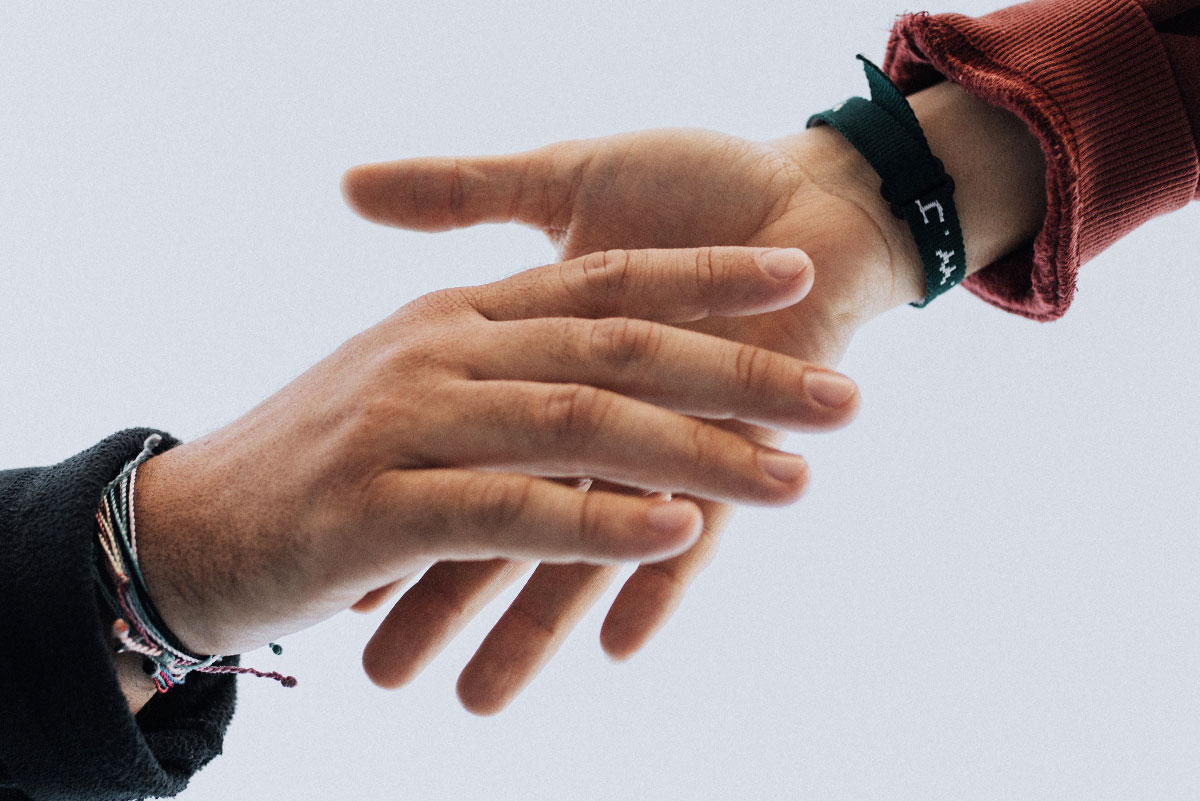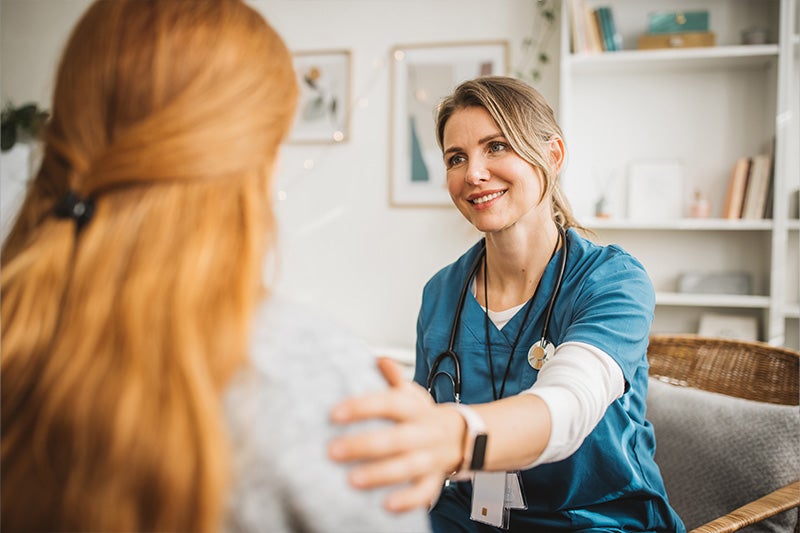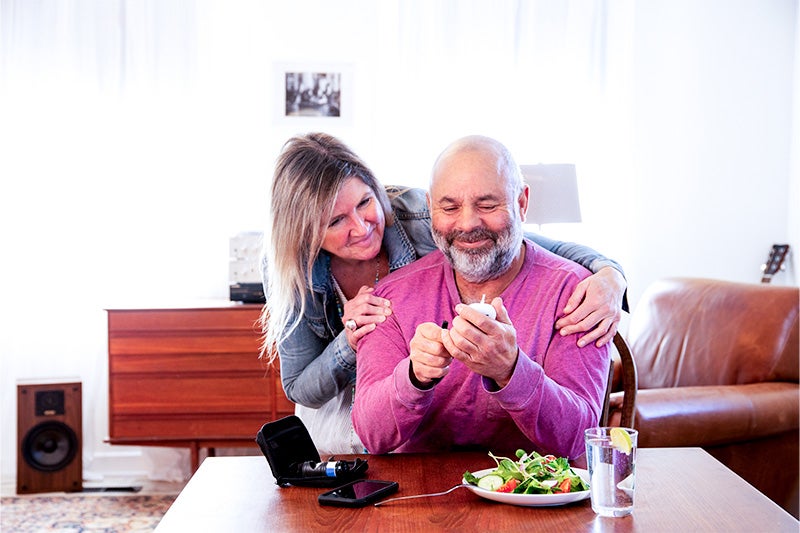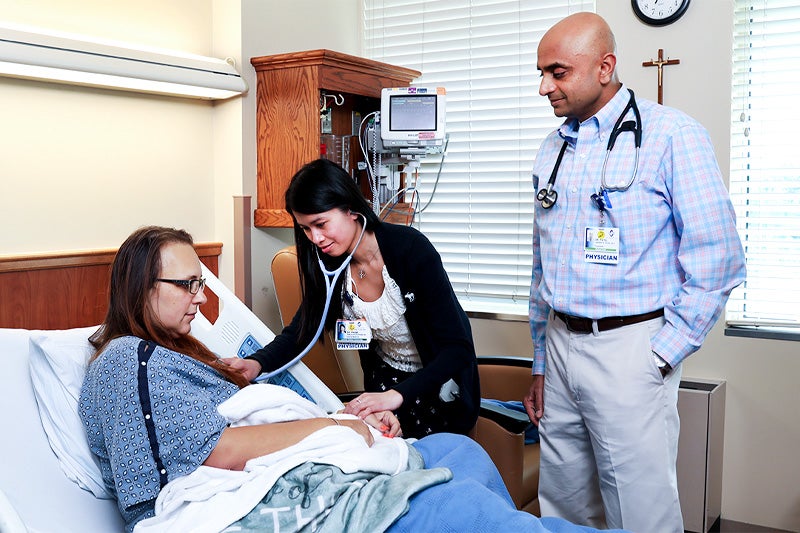Domestic Abuse: Help is Available
January 4, 2023Signs of abuse are not always clear. However, there is one common factor in abusive relationships: control.
Domestic violence and abuse have risen alarmingly in the wake of the COVID-19 pandemic. According to the SAFE Shelter, 1 in 3 women in Georgia reports experiencing physical violence, sexual violence, and/or stalking by an intimate partner. Domestic abuse can cause physical and mental trauma. Unfortunately, the results can also be fatal. It’s important to know signs and resources in case you or someone you know could be experiencing domestic violence.
Signs of an Abusive Relationship
Signs of abuse are not always clear. However, there is one common factor in abusive relationships: control. The abuser typically uses different types of abuse to gain control of the other person in the relationship. Even one of the following behaviors, provided by thehotline.com and insider.com, may be a sign of an abusive relationship.
Putting you down
- Belittling you publicly or privately (for example, telling you that you can’t do anything right or attacking your intelligence, looks, or mental health)
Possessiveness
- Trying to control who you see and where you go
- Getting angry if you do not answer their questions or do what they say
- Showing jealousy when you are spending time away from them
Threats
- Intimidating you through threatening actions
- Threatening to harm you, your children, pets, or loved ones
- Destroying belongings in your home
Physical abuse
- Showing a weapon
- Hurting you physically (hitting, choking, etc.)
- Destroying belongings in your home
- Forcing you to do things that you do not want to do
Control
- Taking your car keys or phone
- Reading your emails and/or texts; searching your browser history
- Showing up unannounced to your workplace or hangouts with friends
- Isolating you from loved ones
Resources
If you are experiencing any of the listed behaviors, help is available.
The National Domestic Violence Hotline
The National Domestic Violence Hotline provides a secure and confidential way to reach out to advocates to help you. You can call, chat, or even text. The site has an emergency exit button to leave the website immediately should you need to (remember that you will need to clear your browser history after you visit the website to prevent your abuser from finding a record of your visit). Hotline: 1-800-799-SAFE (7233). TTY: 1-800-787-3224.
The Georgia Coalition Against Domestic Violence (GCADV)
The Georgia Coalition Against Domestic Violence (GCADV) is a statewide organization representing more than 50 domestic violence organizations across Georgia. The program seeks to empower survivors and the programs that serve them, educate the public, and advocate for good public policy. It’s a resource for finding help in your area and also provides a 24/7 confidential hotline: 1.800.33.HAVEN (1.800.334.2836).
There are many resources available in the Northeast Georgia area. Here are a few:
- Project Safe serves the greater Athens area. It provides a hotline (706-543-3331), a teen textline (706-765-8019), 24-hour confidential shelter for battered women and their children, case management, support services, children's program, outreach program and thrift store.
- Peace Place provides shelter to victims and their children, financial assistance, employment referrals, legal help and support groups. Primary service area is Banks, Barrow and Jackson counties. Call for more information: (770) 586-0927.
- Gateway Domestic Violence Center, based in Gainesville, provides shelter, support groups and other services. All services are free of charge and confidential. The center offers help in English and Spanish. Crisis hotline: (770) 536-5860.
- For more local providers and resources, search the Get Help section of the National Domestic Violence Hotline website. Here, you are able to find shelters and other services in or near the city you are in. You can also specify needs such as shelter, financial assistance, or support groups, as well as special needs such as LGBTQ+, elder, male victims, etc.
How St. Mary’s Can Help
If you are a victim of abuse, you can talk to your physician, nurse, case manager, or chaplain in complete confidentiality. This applies in all settings, including our Emergency Departments, inpatient and outpatient units at all three hospitals, home health care/hospice services delivered in your home, and ambulatory practices. In our hospitals, we can restrict access to information that you are a patient in one of our facilities and also limit who can visit you. Our staff can connect you with community resources that may be able to help.
If you believe you are in an abusive relationship, reach out. Everyone should feel safe in their relationship.




